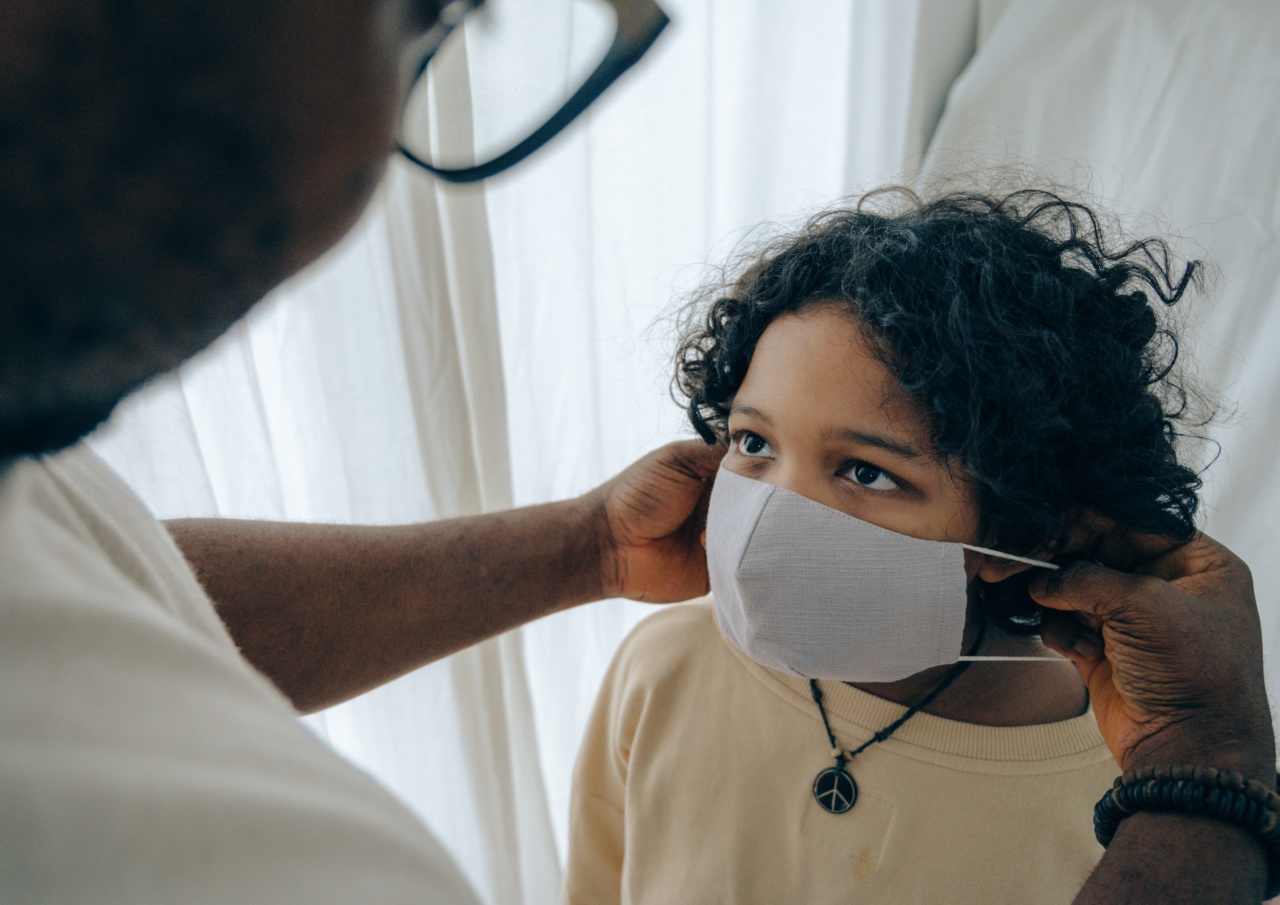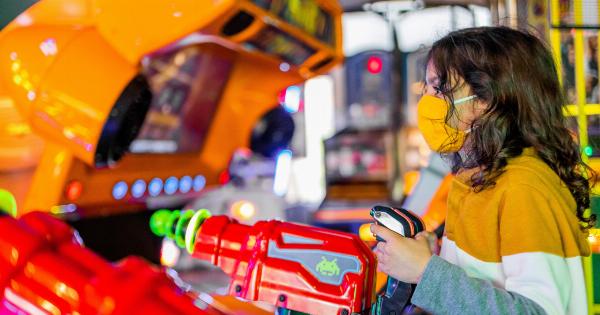As parents, we always want what’s best for our children. We make sure they eat healthy, get plenty of exercise, and stay safe. But there is one danger that we may not be aware of – the air they breathe.
The air we breathe is not as pure as we thought, especially when it comes to the pollutants lurking in the air that our children are exposed to. According to the World Health Organization (WHO), more than 90% of the world’s population breathes polluted air.
As a result, air pollution has become one of the biggest environmental health risks worldwide, and children are the most vulnerable to its dangers.
The Impact of Air Pollution on Children
Air pollution can cause a range of respiratory diseases, including asthma, bronchitis, and pneumonia.
Children who are exposed to polluted air are more likely to develop chronic respiratory conditions, which can affect their quality of life and even lead to premature death. In addition, air pollution can also harm children’s cognitive development and increase their risk of developing neurological disorders.
Research has shown that children who grow up in highly polluted areas experience a decline in their cognitive development, particularly in their language and memory skills.
Moreover, air pollution has been linked to an increased risk of autism spectrum disorders, attention deficit hyperactivity disorder (ADHD), and other neurological conditions in children.
Sources of Air Pollution
Air pollution is caused by a variety of factors, including industrial emissions, transportation, and household activities.
For example, burning fossil fuels such as coal, oil, and gas to generate energy for electricity and transportation releases a range of pollutants into the air, including carbon monoxide, particulate matter, and nitrogen oxides. In addition, agricultural practices such as burning of crop residues and livestock manure also contribute to air pollution.
Indoor air pollution is also a concern for children as they spend most of their time indoors.
Household activities such as cooking, cleaning, and smoking can release a range of pollutants into the air such as carbon monoxide, nitrogen dioxide, and fine particulate matter. These pollutants can cause a range of respiratory and neurological problems.
Protecting Children from Air Pollution
There are several steps that parents can take to protect their children from the dangers of air pollution:.
1. Stay Informed
Parents should keep themselves informed about the air quality in their area. They can check the air quality index (AQI) regularly and avoid going outside during times of the day when pollution levels are high.
2. Reduce Exposure
Parents should reduce their children’s exposure to air pollution. For example, they can keep their windows closed during high pollution periods and use air purifiers to clean the air inside their homes.
They can also avoid outdoor activities such as sports, biking, or walking during times of the day when pollution levels are high.
3. Promote Clean Energy
Parents can promote the use of clean energy by advocating for policies that support clean energy sources such as wind and solar power.
They can also use public transportation, carpool, or walk instead of using personal cars, which contribute to air pollution.
4. Educate Children about Air Pollution
Parents can educate their children about the dangers of air pollution and the steps they can take to protect themselves. Children can also be taught to advocate for policies that support clean air and a healthy environment.
Conclusion
Air pollution is a serious threat to children’s health and well-being.
Parents can take steps to protect their children from air pollution by staying informed, reducing exposure, promoting clean energy, and educating children about the dangers of air pollution. By taking these steps, we can ensure that our children breathe clean air and grow up healthy and strong.






























